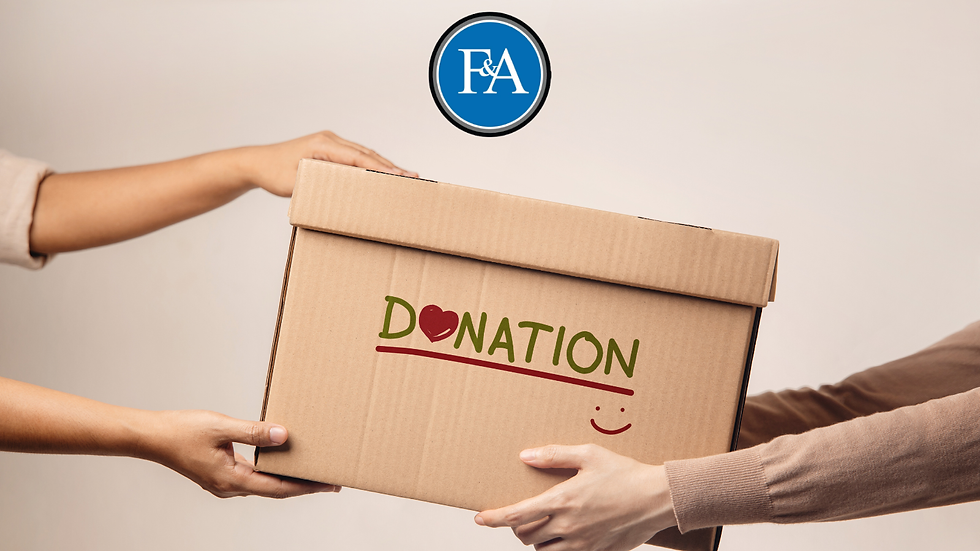Is your PPP loan taxable? The IRS issues guidance!
- Paul Freidel, CPA

- Nov 20, 2020
- 2 min read
Updated: Jul 26, 2024
November 20, 2020
In recent days it has been the question of the business community - how should the PPP loan forgiveness be handled on income tax returns? In particular, with loan forgiveness not actually happening until 2021 for many businesses, how is the timing determined for tax purposes?
To help answer these questions, the IRS and the Treasury issued both a revenue ruling (Rev. Rul. 2020-27) and a revenue procedure (Rev. Proc. 2020-51) on Thursday. In essence, and in accordance with preliminary guidance (Notice 2020-32) issued earlier this year, the IRS has indicated that since businesses are not taxed on the proceeds of a forgiven PPP loan, the expenses paid with the forgiven PPP loan proceeds are also not deductible.
Since Congress explicitly wrote in the CARES Act that the PPP loan forgiveness itself is not taxable, the IRS essentially has worked a convoluted legal “back door” to achieve the same result by making expenses paid with the forgiven loan proceeds not deductible.
However, a timing question arises if you don’t apply for loan forgiveness by the close of 2020, or you don’t loan have forgiveness approved. If you expect to have your loan forgiven, regardless of whether or not you have filed for forgiveness, you still will not be able to deduct expenses in 2020 paid with forgiven PPP loan proceeds. As the Treasury said in a news release. "If a business reasonably believes that a PPP loan will be forgiven in the future, expenses related to the loan are not deductible, whether the business has filed for forgiveness or not. Therefore, we encourage businesses to file for forgiveness as soon as possible."
There is a safe harbor provided in the revenue procedure for those whose loan forgiveness is denied either fully or partially, as well as those who forego requesting loan forgiveness after initially applying for it. In short, if these narrow circumstances apply to your business, you may potentially have the option of capturing this by deducting the expenses paid for with the PPP on your 2020 tax return, or potentially on the 2021 tax return in certain cases as an alternative.
You should be aware that there is some outstanding ambiguity – as this guidance does not address important items such how this guidance affects self-employed individuals (who may have no “payroll” expense to reduce) and also the order in which eligible expenses (payroll, rent, utilities and mortgage interest) lose the ability to be deducted, both of which could have a major impact for some taxpayers. We are also awaiting guidance of the impact of PPP loan forgiveness on the Section 199A deduction, R&D tax credits, and the interest deduction limitation under Section 163(j).



